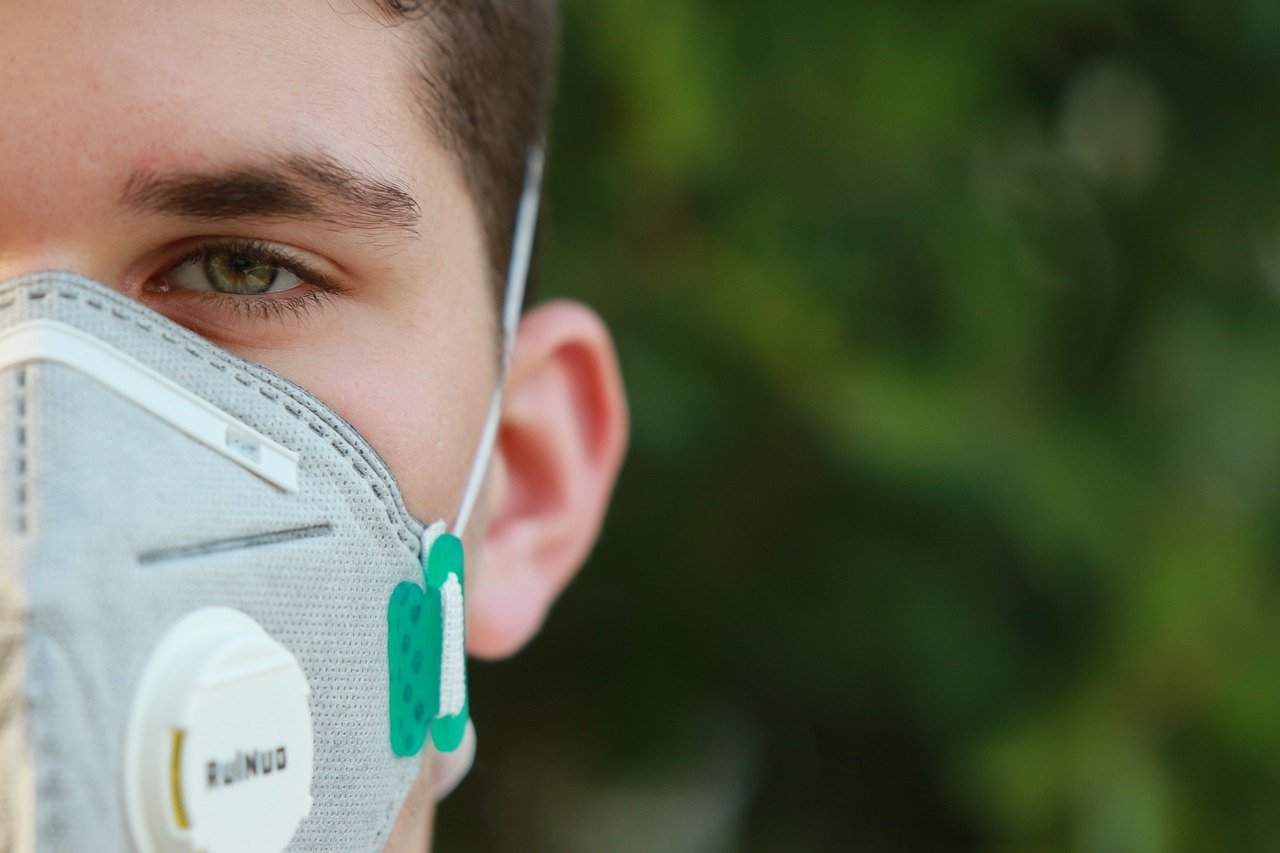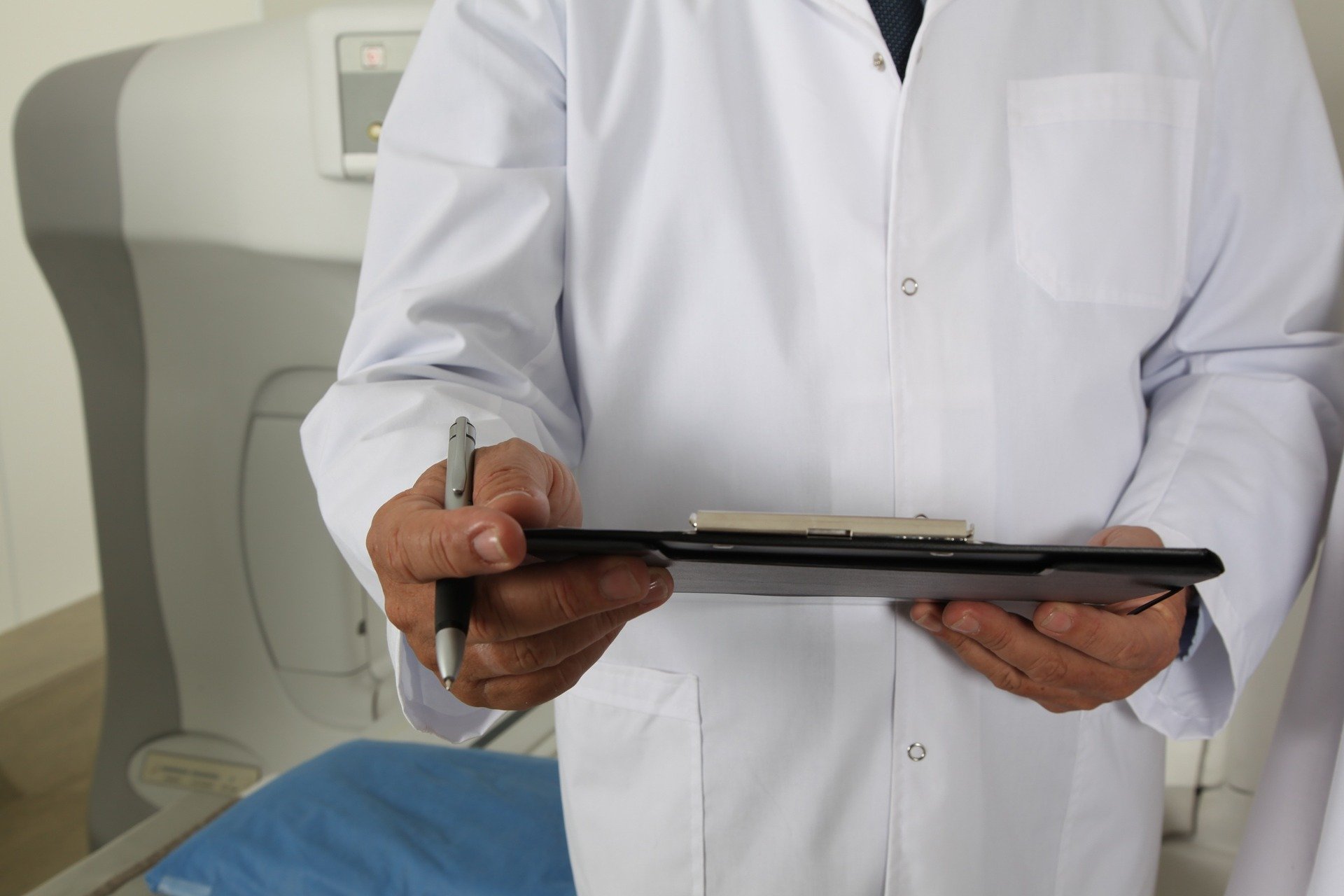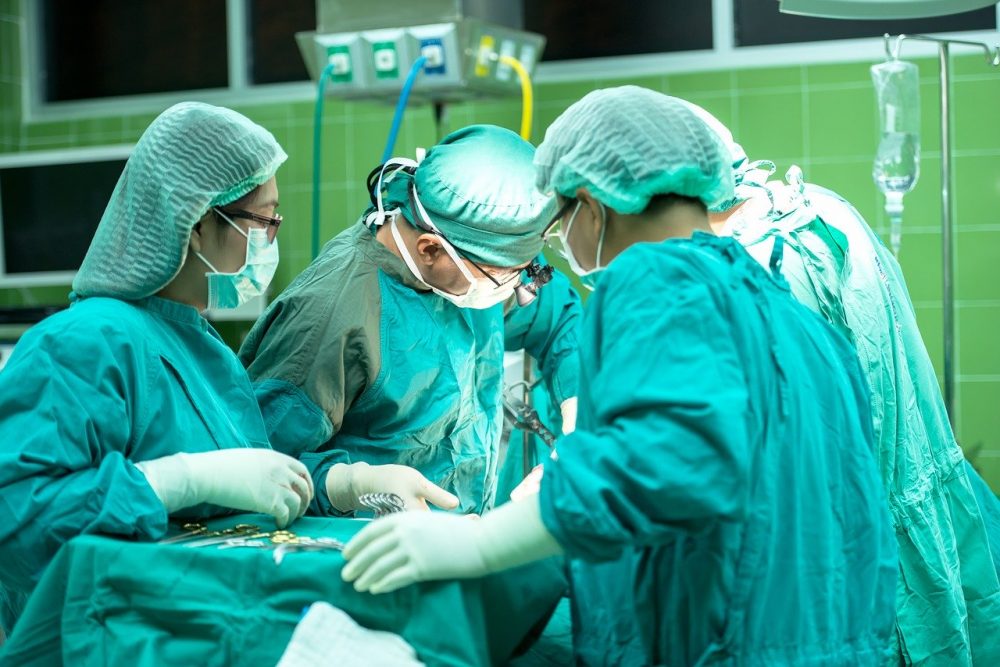If you are planning to join a medical school, one of the most challenging hurdles is the why medicine essay. Even with top grades, not knowing how to write a winning “why medicine personal statement” could see your career slip through your fingers. Indeed, the personal statement combined with why medicine interview answer accounts for more than 60% of the overall admission score. So, let us face it: “How do you write a winning medicine personal statement?” Here is your comprehensive guide.
What Exactly Is a Why Medicine Essay
Medical schools target enrolling bright and empathetic students. The best way to establish this is by asking aspiring students to write a why medicine essay.
Therefore, the why medicine essay is a component of your main application for admission into a medical school.
Using the essay, the admissions committee of the medical school of interest is able to assess your passion for medicine and make a decision whether to approve or decline the application. As such, this is a perfect opportunity to present a snapshot of who you are and why you want to be a doctor. Simply put, do not spare any effort – the personal statement is the main bridge.
How to Write a Why Medicine Essay
Here, you do not need gimmicks to demonstrate who you are or why you would make a great doctor. Instead, you only need carefully selected details and craft them into a compelling story highlighting a sense of purpose in medicine.
Notably, there is no specific format for writing mission statements. This implies that you are free to select the option that best brings out your passion for medicine. However, we recommend using the standard model – introduction, body, and conclusion, for easy flow of your narrative. Here are the key steps to writing a great essay:
- List some of your most defining experiences – volunteer work, research, classwork, extra-curricular activities, etc. Try to steer from overly personal experiences such as trouble because you are likely to get sentimental. Here, you want an experience where you had to make a choice to help answer the question: “Why do you want to pursue a career in medicine.”
- From the list created in step (1) above, pick experiences that show personal intellectual curiosity, composure under pressure, and other personality traits relevant to making you a great medical student/ doctor.
- Write a draft, depending on the experience you have captured. Make sure to be specific on why medicine is important to you, but personal experience might come in handy to tell your story. Interweave the story to answer the question, “Why are you interested in the medical field essay?”
- Put aside the draft, relax for a couple of hours or days if possible, and relook at the entire ‘why medicine essay’ afresh. If you found fresh ideas or how to showcase them, refine the essay.
- Even if you write a great medicine essay, but it features numerous mistakes, it will be discarded, and application declined. Therefore, revise your draft to rectify broken sentences, flow, and grammar mistakes. At this point, get an unbiased friend to help you proofread the paper. Finally, proofread your essay, and it should be ready for submission. You have done it!
Pro Tips for Writing a Why Medicine Essay
Now that you know the steps to follow when writing a why medicine essay, we will now tell you about pro tips to help make it better. Remember that the position you are seeking is being fought for by thousands of students seeking to pursue careers in medicine. So, do not spare any effort to stand out. Here are some pro tips to consider:
- Ensure to understand and follow the rules from the admission committee.
- Read other why medicine essay examples to understand how to frame different ideas.
- Make sure to stay on topic.
- Find your unique angle.
- Do not overdo it.
- Seek expert opinion.
- Avoid clichés.
- Try to write in active verbs.
- Make the essay interesting.
Get an Edge over Others by Seeking Writing Assistance
There is no denying it; writing a why medicine personal statement is not a simple task. But you have to pass it if your career in medicine is to become a reality. This is not the time to give up. Instead, you should seek help from professional writers. These are experts who have been in the industry and know everything about writing personal statement. They can easily demonstrate why medicine and not nursing, or bring out your strengths to help you win that coveted slot in a medical school. To them, no why medicine essay or other academic paper is too complex!
Sample Why Medical School Essay
To help you hone your skills on why medical school essay, we will now provide a sample of accepted personal statement example. The sample is borrowed from accepted personal statements to the University Of Pittsburg School Of Medicine.
“911 operator, what’s your emergency?” “My friend has just been shot and he is not moving!” “Is he breathing?” “I don’t think so!” “Are you hurt?” “No.” “Stay there, the paramedics are on their way.”
On April 10th 2003, at approximately 11pm, my best friend Kevin and I, intending to see a movie, headed out my front door. We never made it to see a horror movie; but our night was nothing close to mundane, when we became innocent victims to gang crossfire. As we descended my front door stairs two gunshots were fired and one person fell to the floor. Kevin was shot! I vividly recall holding him in my arms, and while he lost blood I almost lost my mind. All I wanted was to help, but there was nothing I could do. At 1am that morning Kevin’s family and I sat in the emergency waiting room at Brookdale Hospital in Brooklyn, hoping and praying that the chief surgeon would bring us good news. While this event started me on my quest to become a medical doctor, at that moment all I could envision was a life of despondency.
According to author Jennifer Holloway, “tragedy is a substance which can ignite the soul.” When Kevin’s surgeon walked through the door of the emergency waiting room he did not have to say a word. Kevin’s family cried hysterically. I, on the other hand, could not cry. As fast as despondency had filled my heart, it was now gone; I was consumed by anger, frustration and motivation to change my life’s direction. The death of my best friend compelled me to pursue a career in medicine. This, I hope, will enable me to help save the lives that others try to take.
In the fall of this event, I took my first biology and chemistry courses. By the end of the year I excelled as the top student in biology, received the Inorganic Chemistry Achievement Award and was encouraged to become a tutor in general biology and chemistry.
Tutoring was a captivating experience for me. Questions raised by students challenged my understanding of scientific concepts and their application in patient care. To further develop my knowledge of medicine, I volunteered in the emergency department at Albert Einstein Hospital, in Bronx, NY. While shadowing doctors, I was introduced to triaging, patient diet monitoring and transitioning from diagnosis to treatment. This exposed me to some of the immense responsibilities of a doctor, but my 5 experience helping in the cancer ward was where I learned the necessity of humanity in a physician and how it can be used to treat patients. Peering through a window I saw Cynthia, a seven-year-old girl diagnosed with terminal cancer, laughing uncontrollably after watching her doctor make funny faces. For a moment not only did Cynthia forget that she was dying, but her smile expressed joy and the beauty of being alive. This taught me that a physician, in addition to being knowledgeable and courageous, should show compassion to patients. It also became clear to me that a patient’s emotional comfort is as important as their physical health, and are both factors that a physician considers while providing patient care.
Although focused on medicine, I was introduced to research through the Louis Stokes Alliance for Minority Participation in Science. Here, I learned organic synthesis techniques, while working on a project to elucidate the chemical mechanisms of oxygenprotein binding and its relationships to anemia. I also received the United Negro College Fund/Merck Science Initiative Research Scholarship that allowed me to experience cutting edge research in Medicinal Chemistry, with a number of world-class scientists. At Merck Research Labs, I learned the fundamentals of synthesizing novel compounds for drug discovery, and we focused on treatments for cardiac atrial fibrillation. This internship changed my view of medication and their origins, and left me with a deep appreciation of the challenges of medicinal research. I also now understand that medical doctors and research scientists have similar responsibilities: to solve current and future health issues that we face.
Despite the tragedy that brought me to the hospital on April 10th 2003, the smells, the residents and the organized chaos of the emergency room have become an integral part of a new chapter in my life. On the day that my friend lost his life I found my soul in medicine. Today as I move forward on the journey to become a physician I never lose sight of the ultimate goal; to turn the dying face of a best friend into the smiling glow of a patient, just like Cynthia’s. A patient’s sickness can be a result of many things. But with the right medications, a physician’s compassion and some luck, sickness can be overcome, and the patient helped. In time and with hard work it will be my privilege to possess the responsibilities of a physician in caring for life.”








